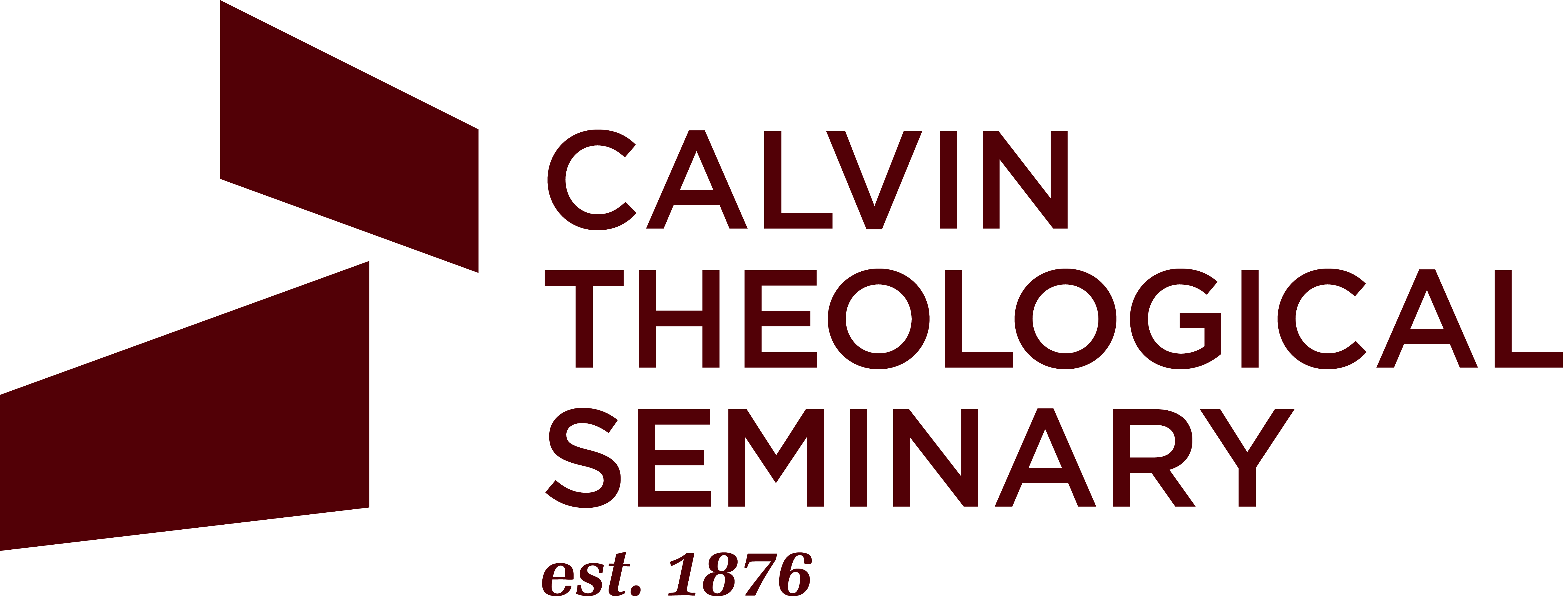Reflections on China Today
Published by Aaron Einfeld
In recent years, Calvin Seminary has found itself increasingly at the intersection of global Christianity. Over one third of our students come from outside of North America, representing well over twenty nations. North American faculty, staff, and students at Calvin Seminary are reminded on a daily basis that the rise of so called “post-Christian” societies in the West is only part of the story of the Church at the dawn of the twenty-first century. In places like China, Christianity is growing quickly. Sociologist and Director of Purdue University’s Center on Religion and Chinese Society, Fenggang Yang, predicts that some year soon China will be the country with the most Christians in the world, surpassing the United States.
is past summer, I had the privilege of traveling to China with President Medenblik, where we saw this first hand. Our main goal was to listen and to learn about the people of China and what it is like to be a Christian there. As we visited churches, schools, and historical sites, we quickly learned that the religious landscape in China is more complex and varied than the stories that filter back to the West. e ministry context for churches in different cities in China can be quite different. Because of this, it is hard to make generalizations about Christianity in China. Still, some things became clear to us as we travelled the country. One person we met described the state of Christianity in China by saying, “China is not a forbidden city and it is not an amusement park.” In other words, things are neither as bad nor as good for Christians in China as some caricatures suggest.
To be sure, there is a staggering growth of Christianity in China. However, this brings distinct challenges. For example, churches burgeoning with new believers are sorting through how to develop lay leadership without thrusting new Christians into leadership positions before they are ready. The demand for leadership is strong, but there is a shortage of theologically mature leaders to draw from. It appears that a key task for many churches in the coming years will be to establish structures that efficiently and effectively deliver leadership development and discipleship to large numbers of new Christians. Not surprisingly, burnout is an issue for church leaders. Growing churches bring more demands for pastoral care from pastors who are often not paid, and who are often not formally trained. Demands for pastoral care are also high due to the country experiencing the effects of rapid globalization. There is a palpable desire for theological training, yet most of the resources from over 2,000 years of Christian writing and theological reflection are not yet available in Chinese. Therefore, translation work and book publishing is a critical aspect of the developing infrastructure of the Church in China.
Leadership development, discipleship training, and theological translation are critical tasks facing Christians in China. However, many Christians told us that materialism and consumerism are the principal challenges facing Christians in China. As Dr. Yang has pointed out, there are many similarities between the early Christian church in Rome and the twenty-first century church in China. Both periods are characterized by encouraging growth alongside sobering challenges. However, we take comfort in the knowledge of God’s sovereignty throughout the ages as He works through the day-to-day faithfulness of His people from every tribe, tongue, and nation.
Share
Visit Calvin Theological Seminary’s Campus
We can’t wait to host you on campus! Schedule your visit today, or, if you need more time to find a date that works for you, please request information so we can continue the conversation about supporting your calling!
